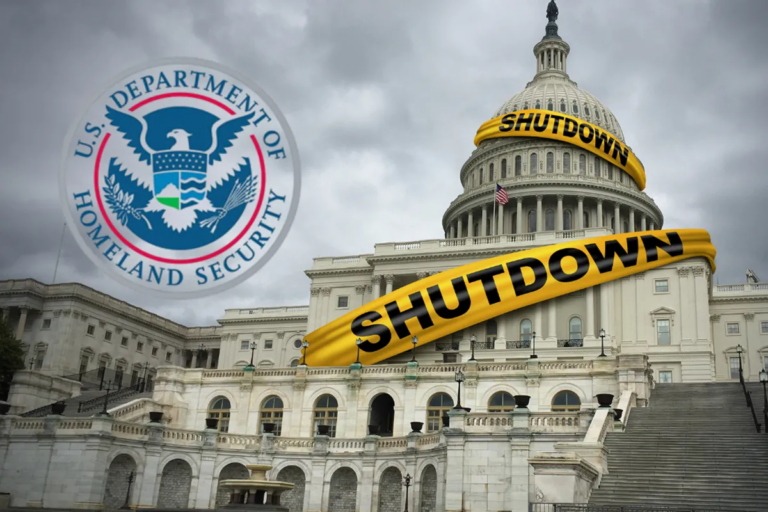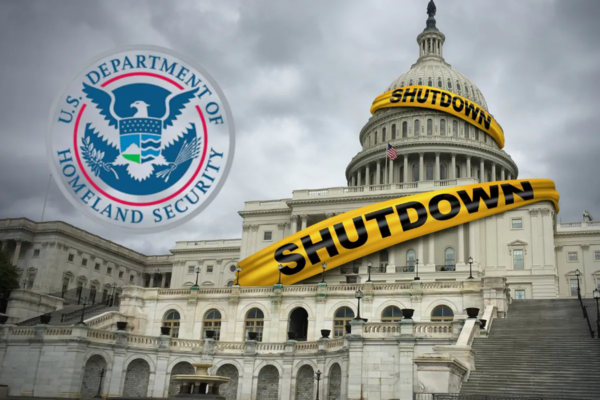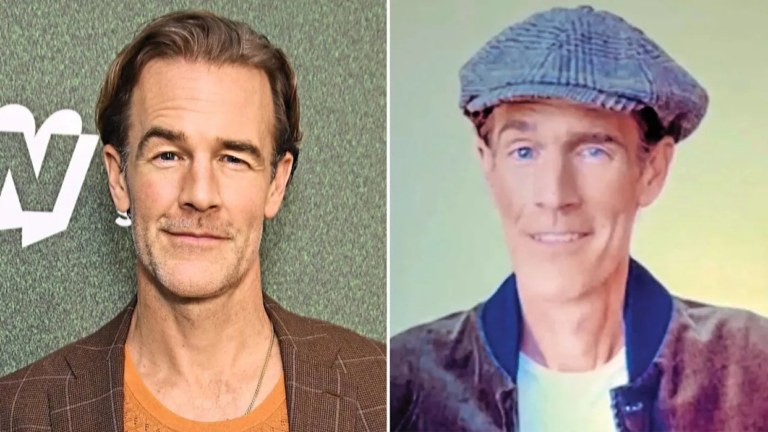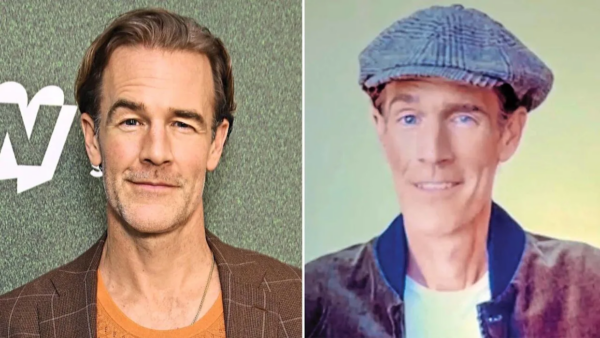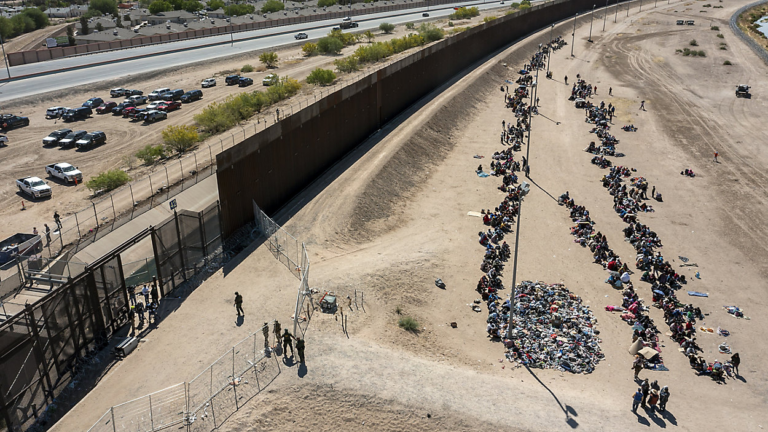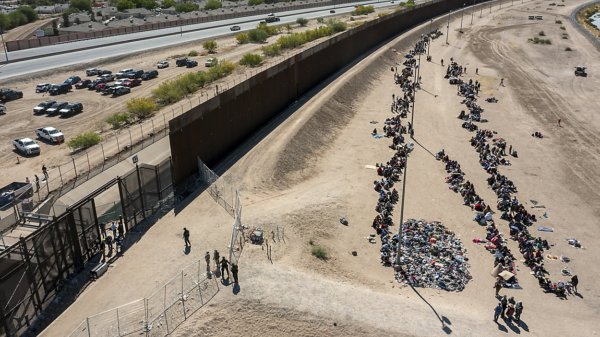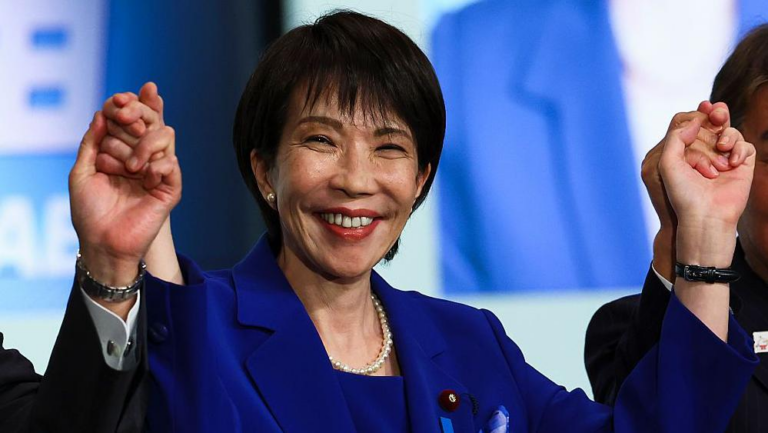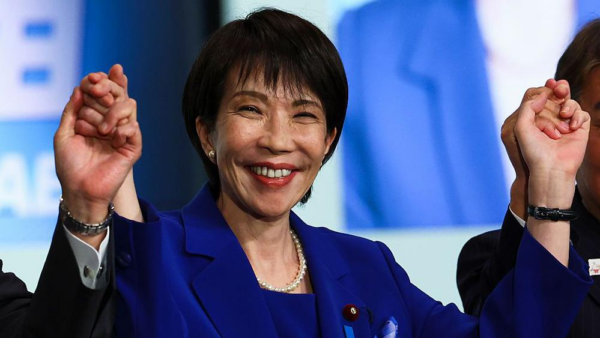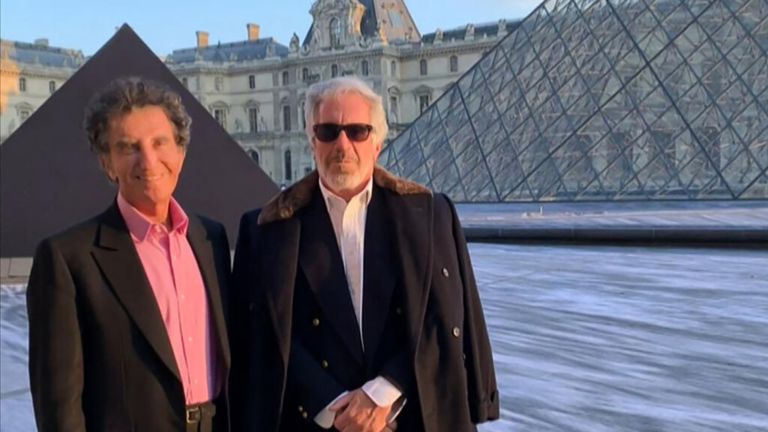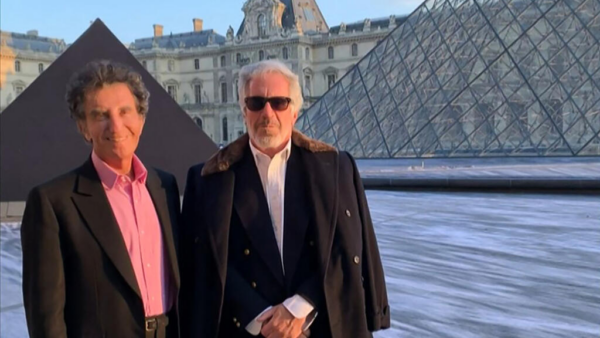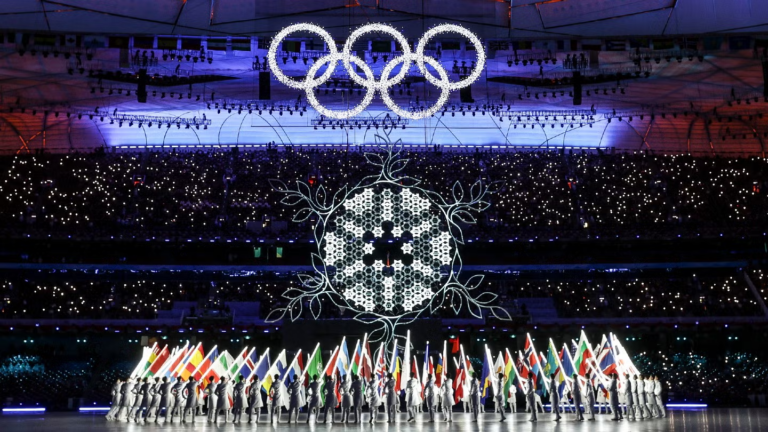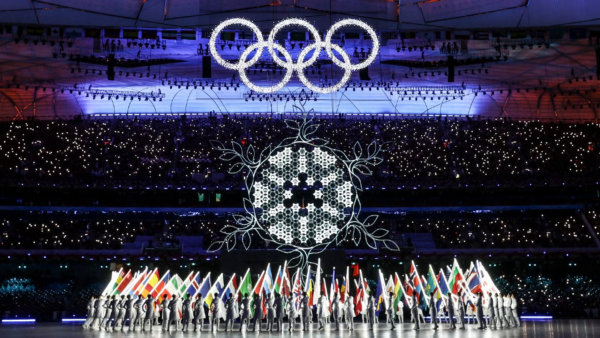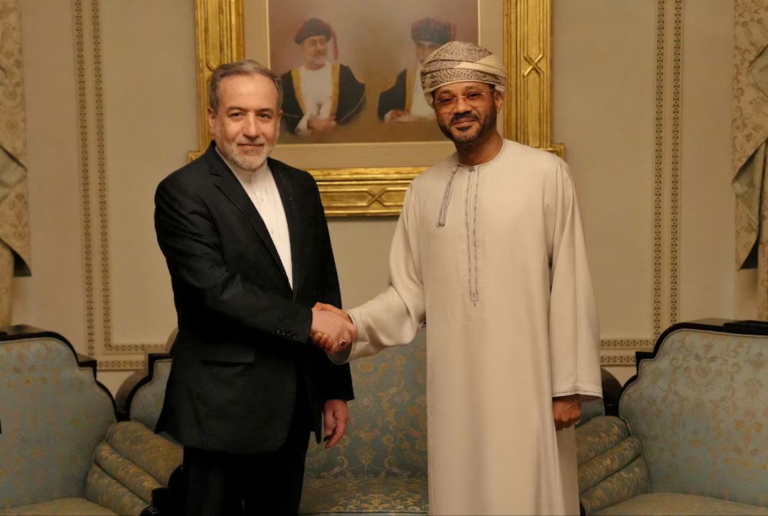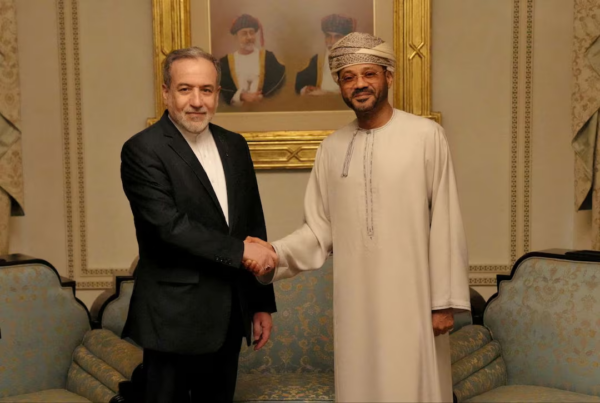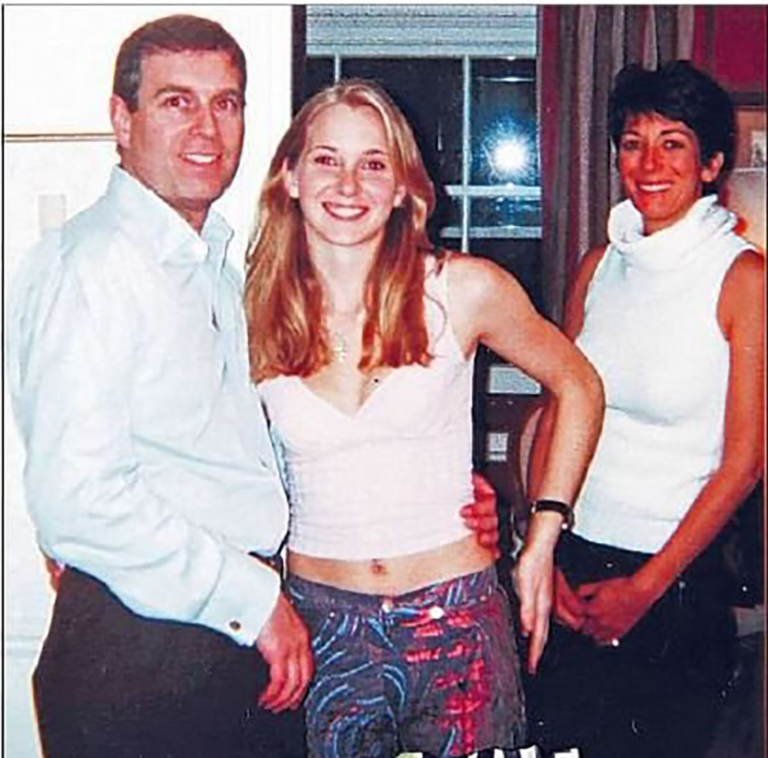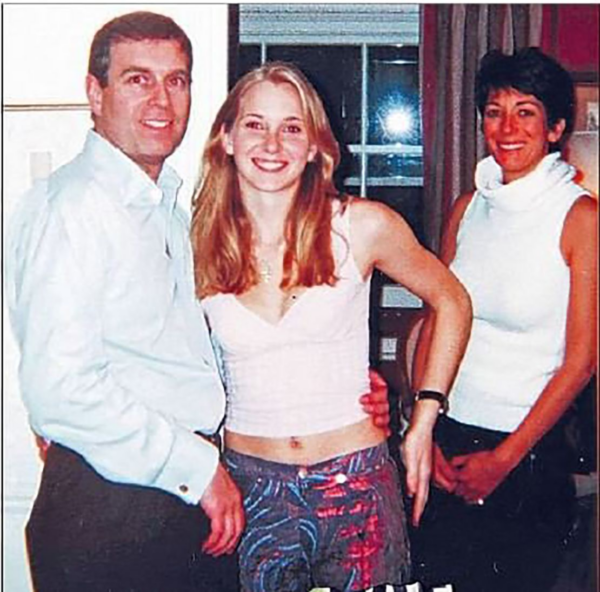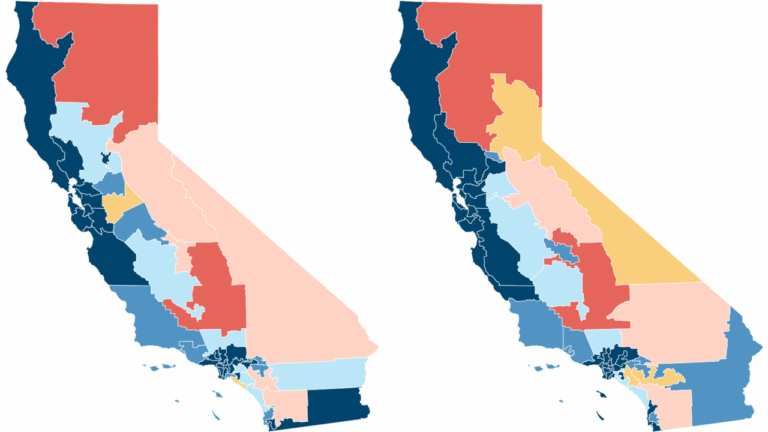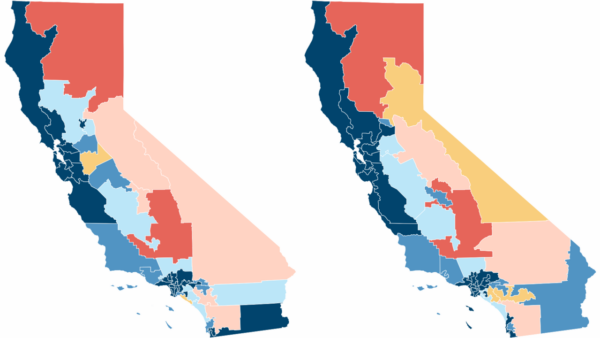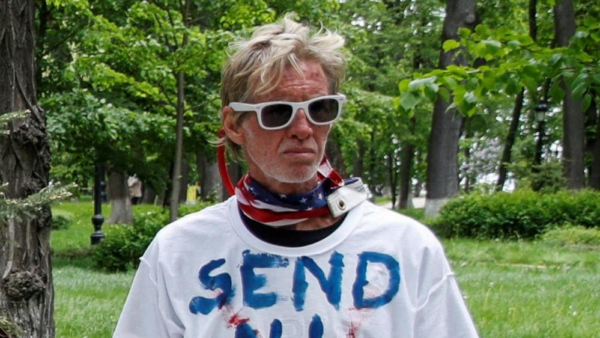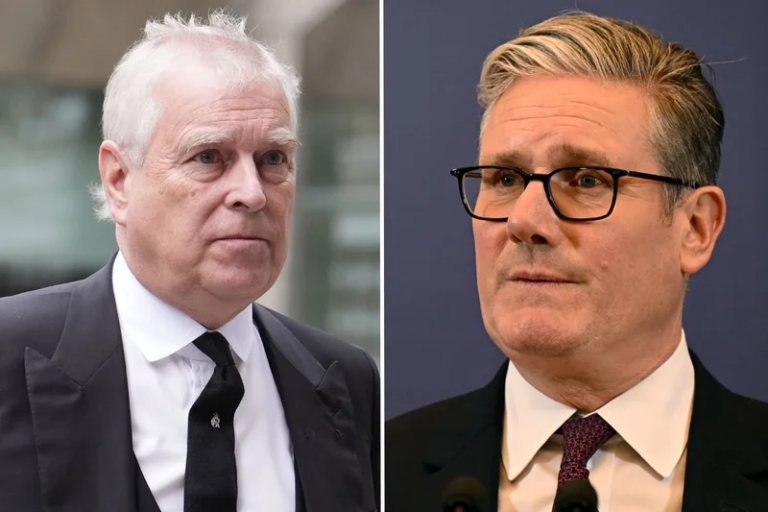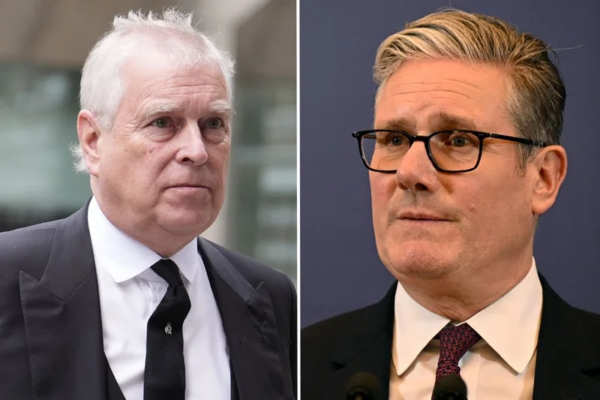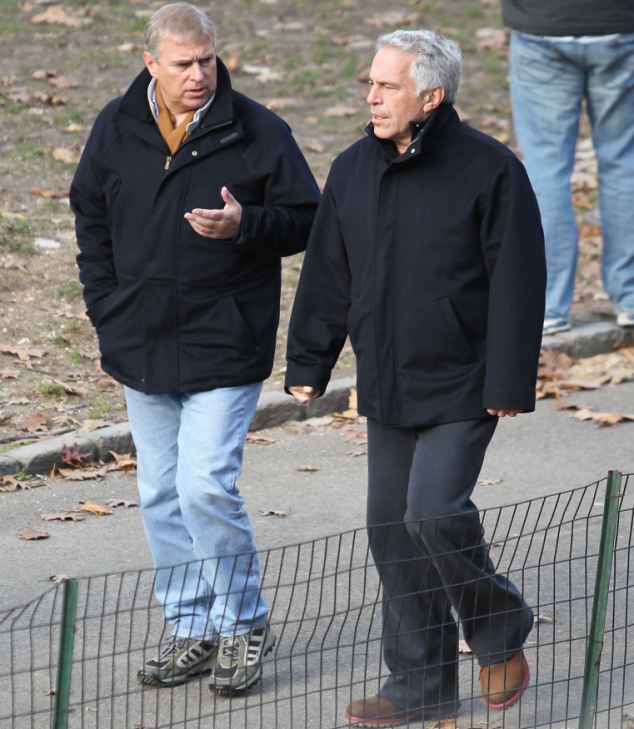DUBAI — One of the most powerful architects of modern Dubai has fallen. Sultan Ahmed bin Sulayem, the billionaire chairman and CEO of logistics titan DP World, resigned with “immediate effect” on Friday following the release of thousands of unredacted emails linking him to the late sex offender Jeffrey Epstein.
The departure marks the most significant corporate casualty in the Middle East resulting from the “Epstein Files.” Bin Sulayem’s resignation was announced not by the man himself, but through a government decree from the Dubai Media Office, which moved with clinical speed to replace him as the company’s international partners began to flee.
“DP World has announced Essa Kazim as Chairman of its Board of Directors and the appointment of Yuvraj Narayan as Group Chief Executive Officer,” the statement read. The decree made no mention of bin Sulayem’s four-decade legacy.
The ‘Torture Video’ and Lewd Exchanges
The pressure on bin Sulayem reached a breaking point earlier this week after U.S. Congressman Thomas Massie (R-KY) and Ro Khanna (D-CA) reviewed unredacted Department of Justice files. The documents revealed a “deeply intimate and disturbing” correspondence between the ports mogul and Epstein that spanned over 15 years—continuing long after Epstein’s 2008 conviction.
Among the most damaging revelations:
- The 2009 Email: Epstein reportedly wrote to bin Sulayem, “Where are you? Are you ok? I loved the torture video.” While the context of the video remains unknown, investigators have flagged the exchange as “highly irregular.”
- Sexual Boasts: In 2015, bin Sulayem allegedly emailed Epstein about a “fresh 100% female Russian” on his yacht and described a sexual encounter with a former student in Dubai as “the best sex I ever had.”
- Logistical Favors: The files suggest bin Sulayem helped arrange for one of Epstein’s “masseuses” to be trained at a luxury hotel in Turkey to ensure “better experiences” for the financier.

A Multibillion-Dollar Exodus
While Dubai is often resistant to Western social pressure, the economic reality of the scandal became impossible to ignore. This week, two of DP World’s most critical financial lifelines pulled the plug:
- British International Investment (BII): The UK government’s development arm suspended all future ventures with the firm, citing “grave concerns” over the leadership’s character.
- La Caisse (CDPQ): Canada’s second-largest pension fund, a massive partner in DP World’s global port terminals, followed suit, halting all new investment plans until a leadership change was made.
Following Friday’s resignation, BII issued a terse statement “welcoming” the decision and signaling a willingness to resume African trading port projects under the new leadership of Essa Kazim, the current Governor of the Dubai International Financial Centre.
The Architect of the Palms
Bin Sulayem’s fall is particularly jarring given his role in building the very fabric of Dubai. As the former head of Nakheel, he oversaw the creation of the world-famous Palm Jumeirah islands and the “World” archipelago. He transformed DP World from a local port operator into a global behemoth that handles 10% of the world’s container traffic, with operations spanning 80 ports from London Gateway to Vancouver.
In the UK, he was a polarizing but essential figure, famously clashing with Transport Secretary Louise Haigh in 2024 over worker protections at P&O Ferries, a DP World subsidiary. He eventually secured a handshake deal with Prime Minister Keir Starmer after threatening to pull a £1 billion investment.
What Happens Next?
The new leadership team—Kazim as Chairman and Narayan (the long-time CFO) as CEO—faces the monumental task of de-linking the DP World brand from the Epstein shadow.
- The Audit: Internal compliance teams are expected to review all “consultancy” fees paid out during bin Sulayem’s tenure to ensure no company funds were funneled into Epstein-related entities.
- The Partners: DP World will spend the coming weeks on a “diplomatic charm offensive” to reassure sovereign wealth funds and Western pension boards that the “Bin Sulayem era” is officially closed.
As the sun sets over the Jebel Ali port, the man who once helped build the future of the Emirates finds himself a ghost in his own city. In the high-stakes world of global logistics, it seems even a “King of the Ports” can be sunk by the weight of a 15-year-old email chain.
